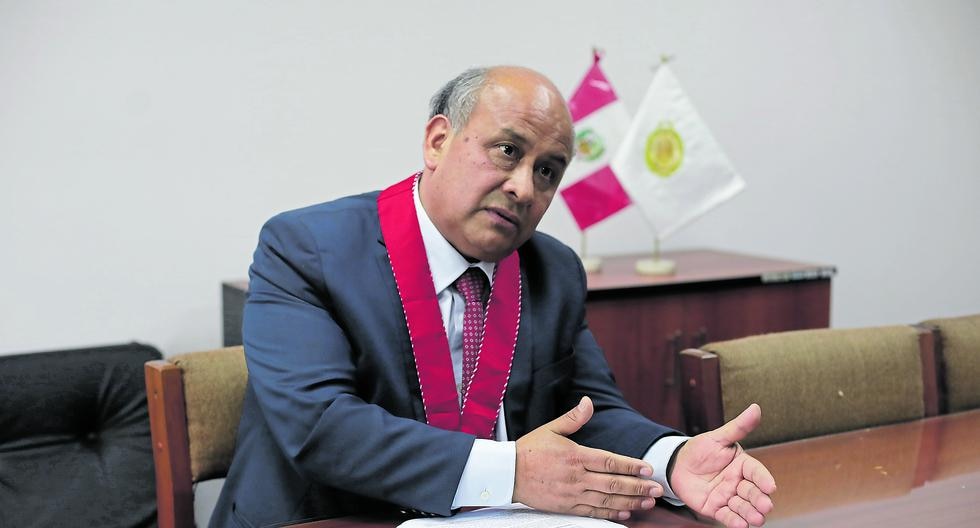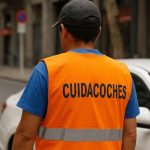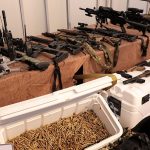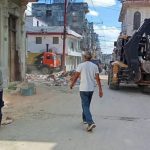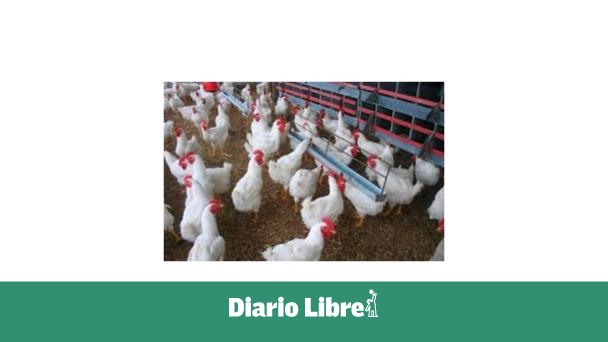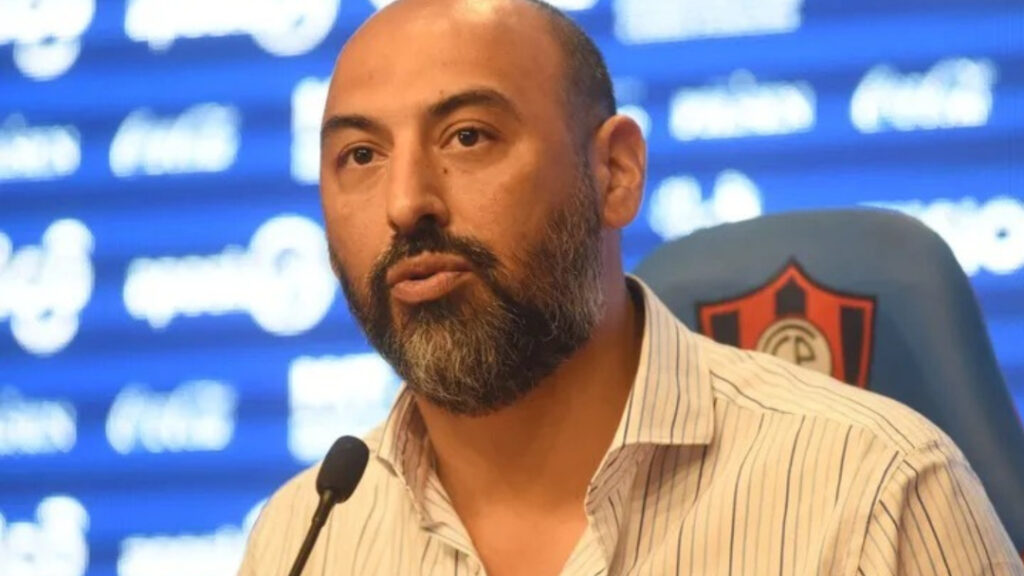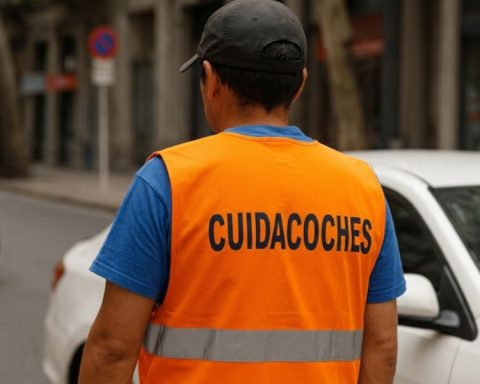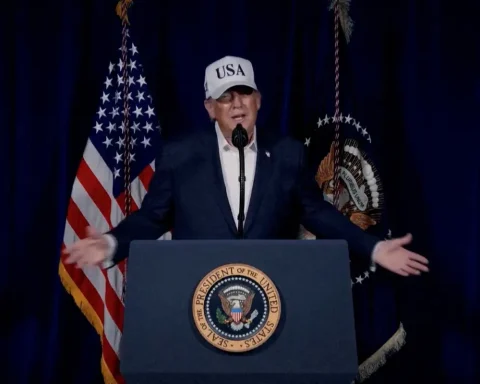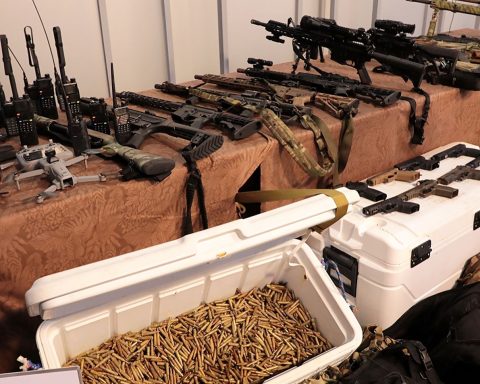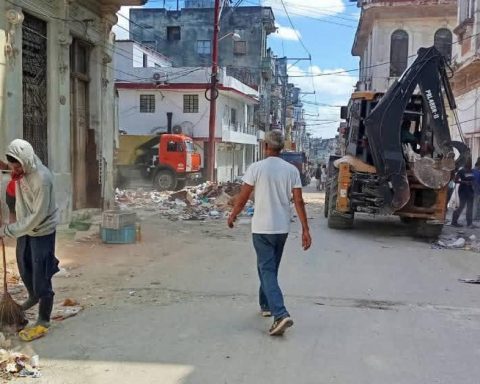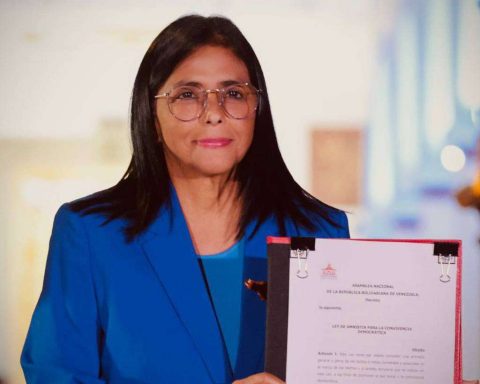Prosecutor Daniel Jara shows his concern for illegal coca leaf cultivation in the country, that do not stop increasing, and at the same time reviews the needs of specialized anti-drug prosecutors.
LOOK: Coca leaf crops increased to more than 80 thousand hectares in Peru
In the latest Devida report, it is noted that coca leaf cultivation increased to more than 80,000 ha. How serious is this for everyone?
It is a worrying figure. We are talking about an increase of around 30% compared to 2020. This definitely has some consequences, which are going to have a negative impact at the national level.
The Vraem remains the main focus. Are enough efforts being made by the State?
There is some progress. But from the Prosecutor’s Office we understand that we require that these should be increased significantly, in such a way that illegal crops can be directly combated, crops that are not registered in Enaco, since more than 90% of the harvest of the coca leaf is directed to illicit drug trafficking (TID).
There was a kind of double talk from the government: they talked about the fight against drugs and then they bet on self-eradication. Don’t we rather need to be more inflexible?
We have within the crops the legal and illegal ones. What we point out is that there must be direct action with results in the eradication of illegal crops, which are more than 90%. Direct action is required against these people who are linked to organizations dedicated to TID. We cannot speak of those people who are illegally being able to generate their own eradication.
Leaving aside the Vraem, which is still the focus, there are also new areas of incidence. Which are?
We warn that the Vraem definitely continues to grow in the number of illegal crops. And in the same way, in other places. In Loreto, through the Putumayo area, we also have an ostensible and highly significant growth. Also in some parts that have been controlled – we are talking about the Alto Huallaga, in the Ucayali area – where the eradication was effective and efficient, we warn that in some parts we once again have illegal plantations.
What is being seen specifically in Putumayo?
We have a complex issue that is already related to the fact that irregular armed groups that are crossing the Colombia-Peru border are forcing the people who live in that part of the country to cultivate coca leaves and produce cocaine (…). We see this as a growing issue, in the course of this year with greater incidence.
It is pointed out that the Amazon, the part of Condorcanqui for example, is shaping up a new Vraem…
Indeed, in that part of the country we have a significant increase in activities linked to drug trafficking. We have a specialized prosecutor’s office in that area, lately we have carried out joint operations with Dirandro; the destruction of clandestine runways has been carried out. So, points like that, as you have pointed out, could mean a big problem going forward; that is why it is currently required to take the appropriate steps.
There are public prosecutor’s offices that work without Dirandro’s basis for investigations. What are you going to do?
We are going to make the respective arrangements so that where the specialized prosecutor’s offices are, we can work with the specialized Police. We have a very good articulation, it is a binomial, with results that we can show. That is why we believe it is necessary and fundamental that the anti-drug bases of the specialized Police, the Dirandro, be created at the points where the Prosecutor’s Office has also made efforts to locate the anti-drug prosecutor’s offices.
How many prosecutor’s offices work today without the direct support of a Dirandro base in the same area?
Statistically, we can point out that it is more or less 40% that requires working with Dirandro. We do not have (there) the specialized Police.
There are also public prosecutor’s offices where they require the creation of more offices…
Within the budgetary restrictions that the Public Ministry has, we have been raising the need for specialized prosecutors to be able to be implemented in some regions. I’ll give you an example, in Arequipa we have the Puerto Matarani. We do not have a specialized anti-drug prosecutor’s office. And the same in other parts of the country. It is a problem that we noticed, but unfortunately, due to budget issues, this is being postponed.
And how do you fight against drugs in these areas?
It is a difficult situation that makes the Public Ministry, through other common prosecution offices, take on these cases. Certainly, due to the high procedural burden, they have problems in handling these cases, which is why we notice precisely that need for a specialized prosecutor’s office.
Keep in mind
- “If we don’t have budget support, it will be very difficult to have new specialized prosecutors’ offices”, remarks prosecutor Jara.
- “From January to October, approximately 39 thousand kilos of illicit drugs have been seized, including basic paste, cocaine hydrochloride and marijuana.”
